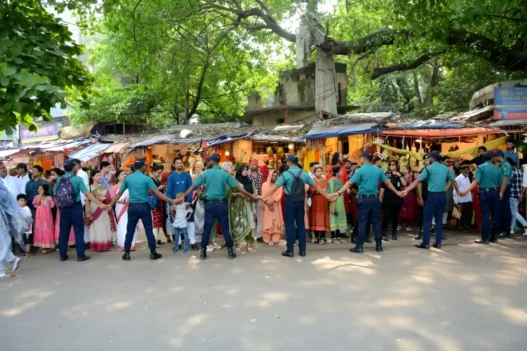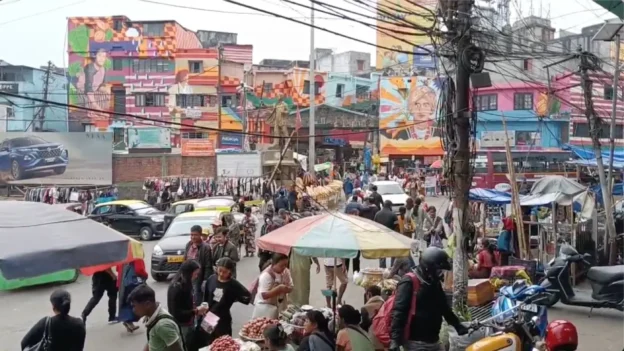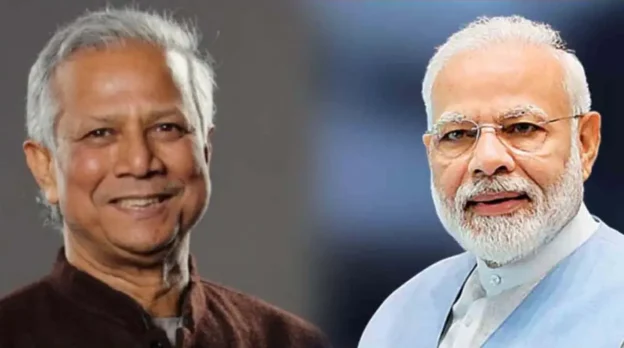During the 16th session of the UN Expert Mechanism on the Rights of Indigenous Peoples (EMRIP) held in Geneva, Guangchunliu Gangmei from the Asia Indigenous Peoples Pact (AIPP) delivered a joint statement, drawing attention to the urgent crisis unfolding on the borders of India and Myanmar. The 16th session of the Expert Mechanism is from 17-21July in Palais des Nations, Geneva.
The presentation highlighted the escalating conflict and its significant repercussions on the indigenous communities residing in Northeast India, where more than 200 indigenous peoples have been subjected to militarized control since the post-colonial era. It brought attention to the precarious situation confronting indigenous communities along the Indian-Myanmar border and stressed the imperative of taking prompt action to protect their rights.
Gangmei expressed gratitude for the efforts of the UN Permanent Forum on Indigenous Issues (UNPFII), the Special Rapporteur on the Rights of Indigenous Peoples, and the UN Voluntary Fund for Indigenous Peoples in fostering indigenous participation at the United Nations. However, she also emphasised the immediate need for focused attention on the emerging conflict zones in the region, particularly in the state of Manipur, where armed confrontations have arisen due to disputes over land, resources, and rights.
Despite multiple peace agreements being signed in the Northeast, these attempts have proven inadequate in addressing the fundamental contradictions raised by indigenous peoples through their movements. Rather than effectively resolving the underlying issues faced by these communities, these agreements have merely resulted in the establishment of new borders. In response to these pressing concerns,
Gangmei has appealed to EMRIP, calling upon the Indian government to invoke Articles 40 and 42 of the United Nations Declaration on the Rights of Indigenous Peoples (UNDRIP) as a guiding framework for ongoing conflict investigations. Additionally, she emphasized the significance of utilizing Articles 30 and 36 to facilitate robust political agreements in the region, thereby ensuring the protection of indigenous rights.







